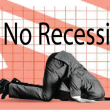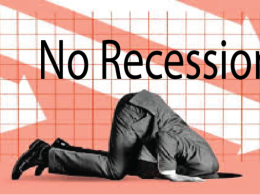David Rosenberg, Gluskin Sheff's Chief Economist (ex-Merrill), re-iterates his argument for corporate bonds in today's Lunch with Dave:
While Baa corporate spreads have narrowed sharply from their Armageddon highs (and perhaps vulnerable near-term to a healthy pullback in risk appetite), at 370bps, they are still pricing in a very bad economic and financial market scenario. Moreover, this yield spread is still wider than at any point during the 2001 or 1990 recessions or the 1998 LTCM/Russian debt default freeze-up. In fact, history suggests that the corporate default rate would have to rise well above 7% for corporate bonds to deliver negative returns with yields as high as they are at around 7¼%. In a -1¼% inflation rate world, this is a hefty 8½% real rate for investors to chew on. Not too shabby. The comparable yield in the U.S. equity market, depending on whether one uses reported or operating P/E multiples on forward or trailing earnings, is a little more than 6½%.
So, corporate debt still trumps stocks, and what this 200bps 'yield gap' is telling us is that either corporate bond prices will need to rally more down the road or we need to start seeing corporate earnings growth recover sharply enough to pull those multiples down to more attractive levels.
For the complete report click here or below - Registration is free and worthwhile.
[CSSBUTTON target="https://ems.gluskinsheff.net/index.ncl.html" color="006600" textcolor="ffffff"]Sign Up for David Rosenberg's Market Musings Newsletter[/CSSBUTTON]










